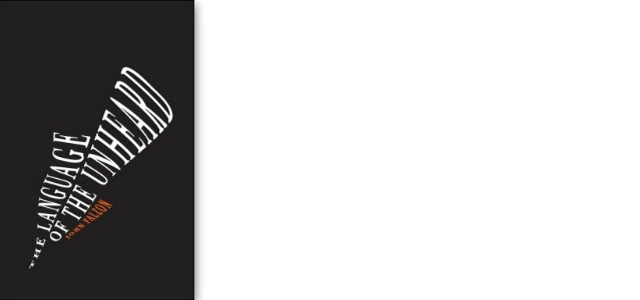John Falzon, Garratt Publishing, $29.95
In a recent article advocating an increase in the dole, St Vincent de Paul’s Dr John Falzon was quoted as saying it’s a matter of deep shame that unemployment benefits are kept low deliberately “as a means of humiliating the very people they were originally designed to assist” (see https://jmm.org.au/articles/31422.htm).
In his latest book Falzon says the same happens to other marginalised groups — Aboriginals, asylum seekers, those with disabilities, the homeless, people with mental health issues, sole parents and so on. The problem he addresses here is mainly the Australian government’s paternalistic and punitive social policy towards people doing it tough.
John Falzon trained in sociology and poetics (a neat combination, in my view). He runs a large charity but agrees with Martin Luther King that important social change will not come from above.
And yet, and yet … remember when 600,000 people walked across Australian bridges on May 28, 2000, in support of Indigenous Australians and reconciliation (they included, as I recall, the federal treasurer Peter Costello, but not the prime minister John Howard)?
Falzon reminds us that “charity” can be a mechanism simply to distinguish between the deserving and the undeserving poor. But it can also be the Good Samaritan’s “charity”, which makes no such distinctions — where we suffer together in solidarity with one another, responding to need not ethnicity or cause.
Justice goes even further, and listens to the poor, empowering them to own any program of change which directly affects them.
“Frederic Ozanam, the young activist-academic who founded the St Vincent de Paul Society, warned against employing charity as a substitute for addressing the causes of poverty and inequality.”
Falzon: “It is no accident that among the First Peoples of this land, adults are 14.3 times more likely than non-Indigenous adults to be sent to jail. Twenty-six per cent of all prisoners in Australia are Indigenous … On average, one Aboriginal person dies in custody every month.”
Since the release of the Final Report of the Royal Commission into Aboriginal Deaths in Custody 20 years ago 270 Aboriginal persons had died in custody by January 5. 2011.
We now have something called the Northern Territory Intervention, “which will go down in history as being as shameful for the Australian Government as the Stolen Generations.”
The people directly affected were not really consulted. And the problems are now worse.
“Where you attack people’s dignity you will create disorder, be it a disorder of the mind or a disorder on the streets.”
The whole thing needs to be “re-shaped from below”. As Aboriginal elder the Rev. Dr Djiniyini Gondarra said of the NT Intervention: “It is our belief that inequality cannot be addressed by the removal of control from affected peoples over their lives and land, as is current government policy.”
“Income management has not reduced alcohol or drug consumption — indeed alcohol restrictions on prescribed communities has merely shifted the problems to larger towns or bush camps” (quoting an article in the Sydney Morning Herald, by Larissa Behrendt and Irene Fisher).
More generally, Falzon writes, “We reject the notion that marginalised people should continue to be blamed for their own marginalisation. The time has come for this form of demonisation to be effectively removed from the public discourse … In 1996 the ground-breaking Australian Bishops’ Social Justice Statement made the following assertion: ‘… people are poor not because they are lazy or lacking in ability or because they are unlucky. They are poor because of the way society, including its economic system, is organised.’”
A 15th century anonymous English poet came up with this piece of dazzling doggerel: “The law locks up the man or woman / Who steals a goose from off the common, / But leaves the greater villain loose / Who steals the common from under the goose.”
Some challenging dot-points to conclude:
- We are poets with blood on our tongues;
- Across Australia we [have] a waiting-list for public/community housing in excess of 200,000;
- Troublemaker Martin Luther King said, “A riot is at bottom the language of the unheard”;
- The only question we will have to answer at the end of time is how we treated the poor;
- The truth told by those living on the margins speaks louder than the lies told about them;
- Rich man and his poorer brother / Stood and looked at one another / Till the poor man softly swore: / “You’d not be rich if I weren’t poor”’ (Brecht).
These stories/vignettes/poems are offered, says John Falzon, to help you sleep; or better, keep you awake!
Rowland Croucher














